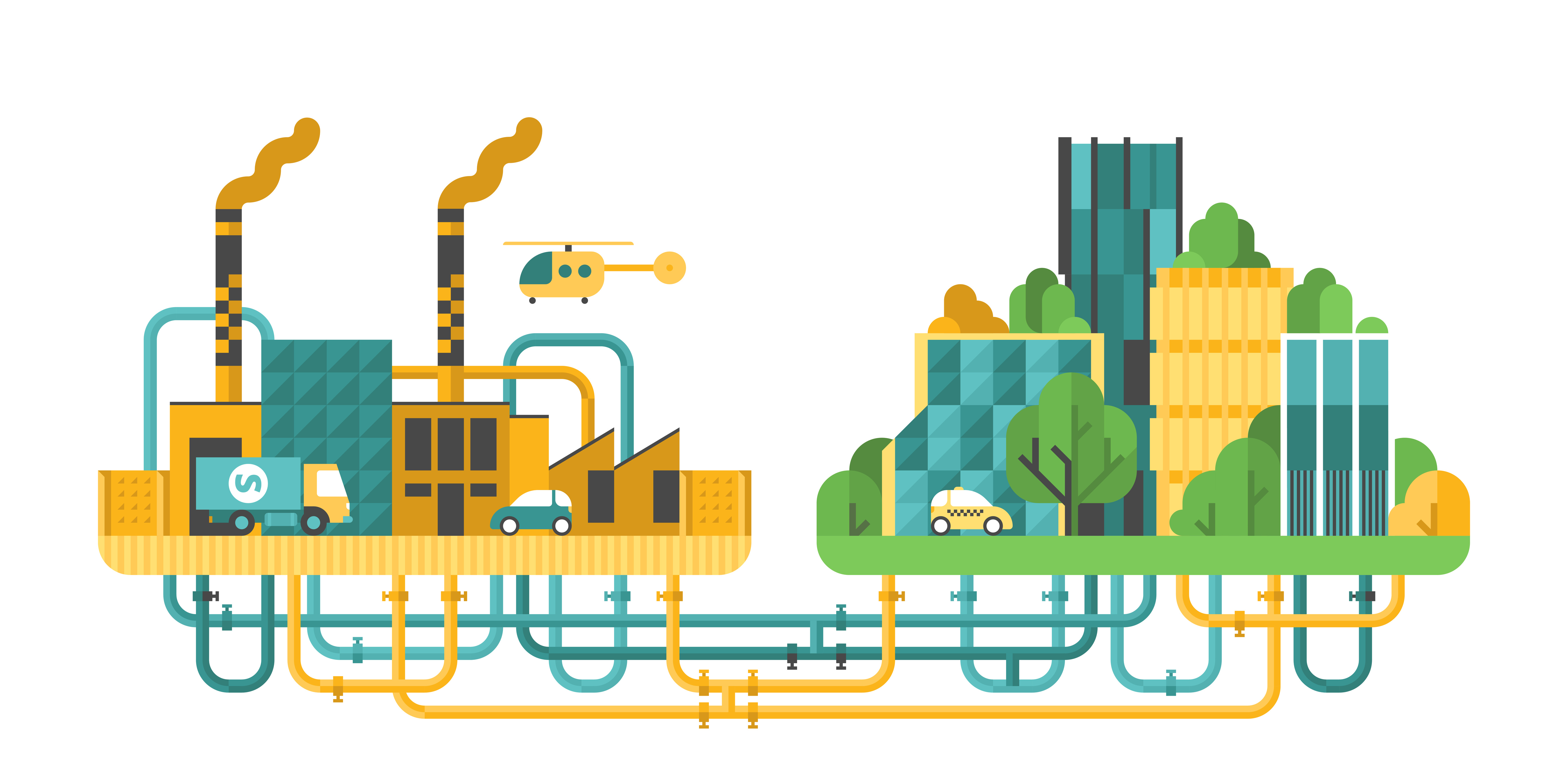Heat Networks – Optimising Stranded Assets

The Opportunity
The objective of this Opportunity is to shortlist the submissions that best answer the brief, with the aim of attending a presentation day with the EIC Industry Partners, where it can be discussed in greater detail with a technical panel.
What is the Problem?
As the UK transitions towards net zero, the UK Government has introduced a ban preventing the installation of natural gas and oil heating systems in new build homes. The intention is for this ban to take effect in 2025, with further bans scheduled to apply to existing homes by 2035. As a high percentage of homes are heated using natural gas, this legislation will create a period of uncertainty for Gas Distribution Networks (GDNs).
GDNs have committed to replace all ‘at risk’ iron pipes with Polyethylene (Pe) by 2032. This initiative has and will continue to be a significant investment of customer money. To avoid the stranding of these assets and further investment of customer money, GDN Northern Gas Networks (NGN) is seeking alternative ways to operate and evolve its current gas network to suit future requirements. It is considered that a Pe network would be ideally suited for use in heat networks such as, district heating, leading to benefits for existing customers.
If the transition to an alternative heat network cannot be accomplished by the suggested approach, it’s likely to result in:
· Customers not benefiting from previous ‘Pe initiative’ investment.
· Negative impacts on the environment, due to the purging of residue gas and re-excavation of decommissioned assets.
· More cost to customers as alternatives are explored, eg upgrading the electricity networks to provide the increased capacity needed to heat homes.
Preferred output
The preferred output from this project will be a feasibility study that produces a report and dissemination piece. This study will need to inform GDNs, heat network providers, councils and local area planners about:
· Technical barriers - such as, the bypassing of valves, syphons and other points surrounding gas services that enter the property.
· Regulatory requirements necessary to incorporate the repurposing of gas assets to facilitate heat network rollout (License codes etc).
· The operational challenges that will be associated with the recommissioning of gas assets to incorporate district heating and other sources of heat generation such as waterways, biomass burning etc.
· The commercial viability of the recommissioning of existing gas assets to incorporate the above.
The study would aim to:
· Reach out to local planning authorities/ companies within the district heating sector.
· Identify various opportunities for repurposing gas infrastructure for transporting liquids, water, electro liquid etc.
· Identify if any potential solutions can be deployed using, or collocated with, NGN’s existing assets.
· Identify any technical issues which surround points that gas services enter the property and at what points existing assets would be cut off.
· Investigate what pressures/requirements are needed to operate this infrastructure.


